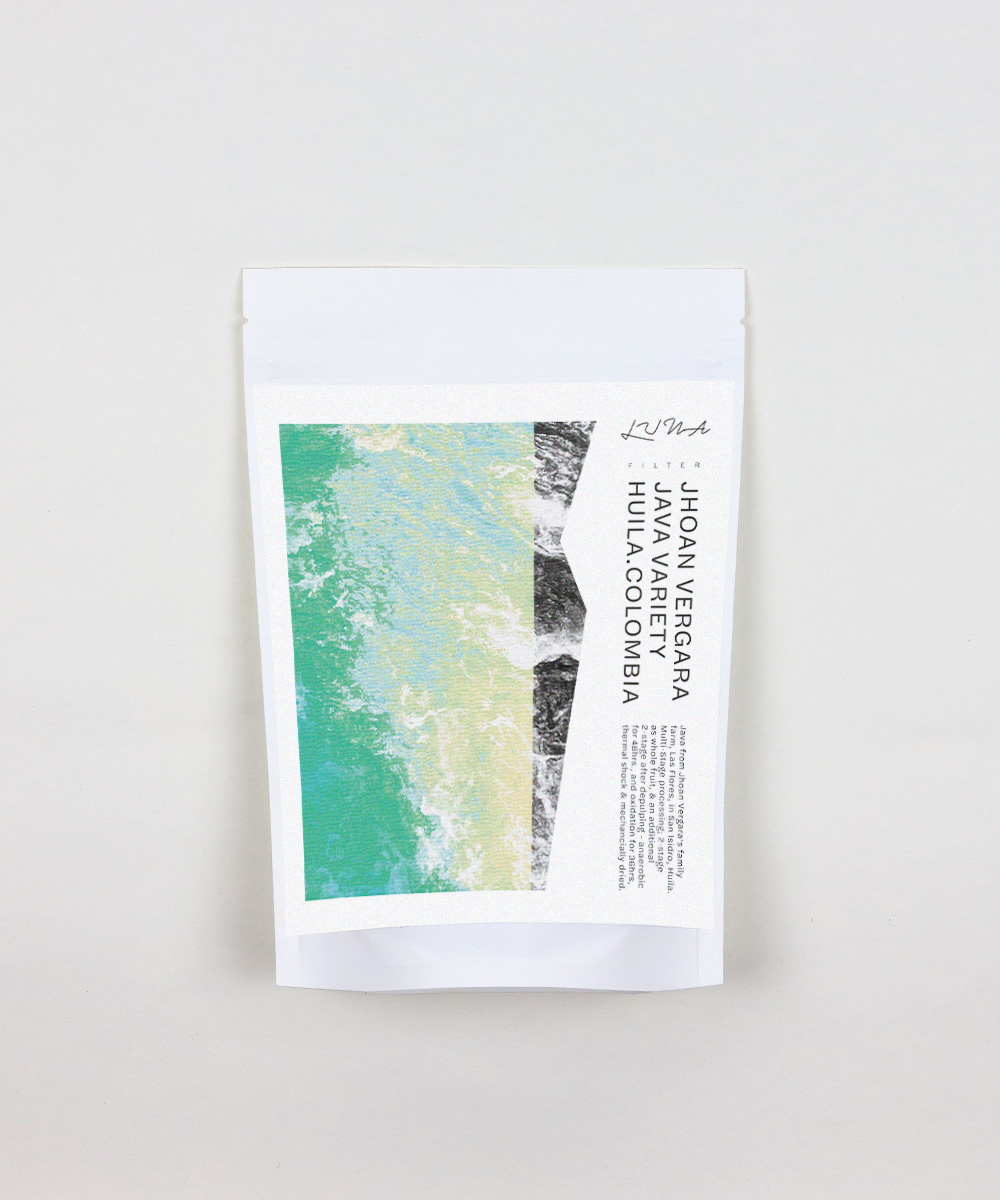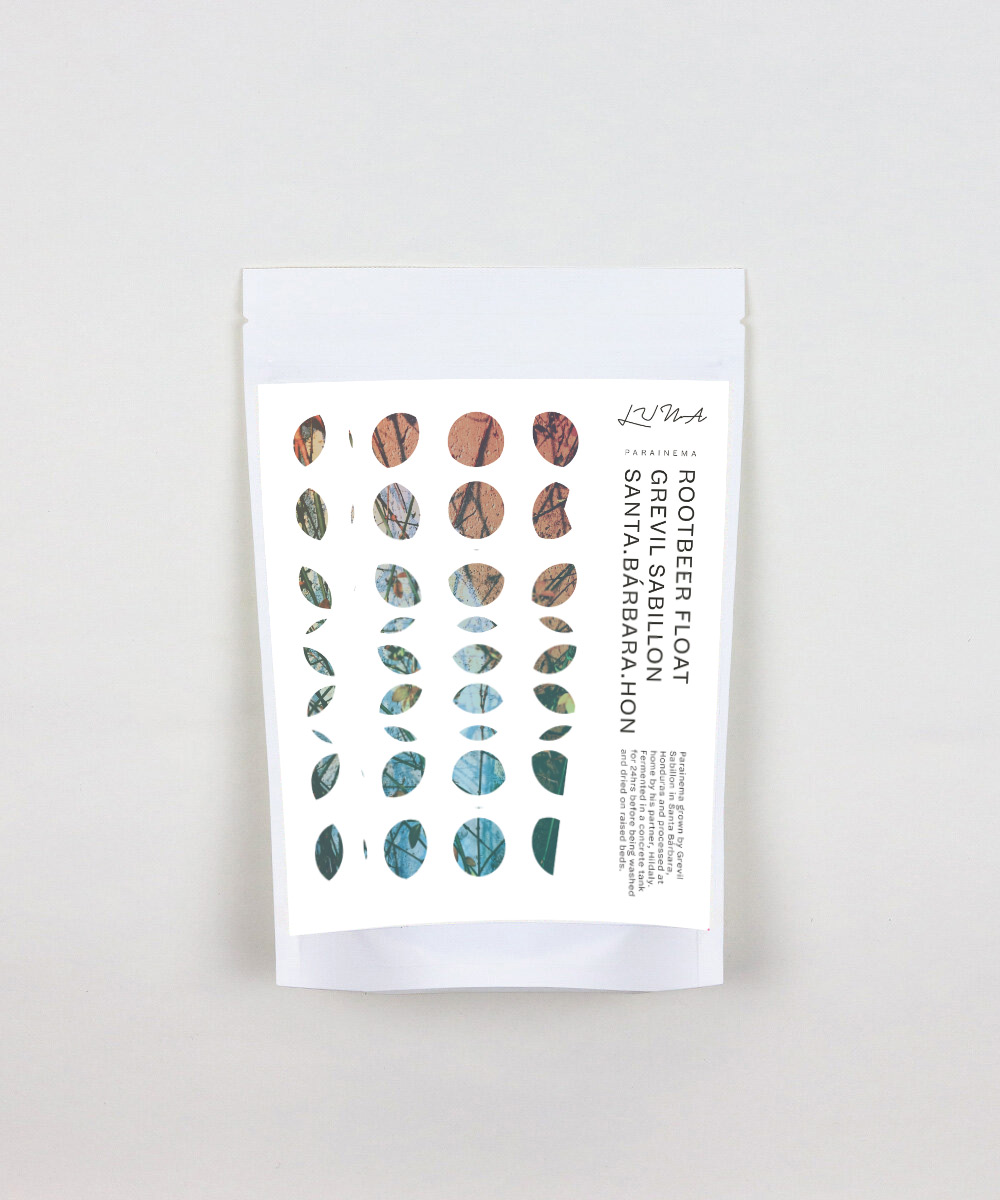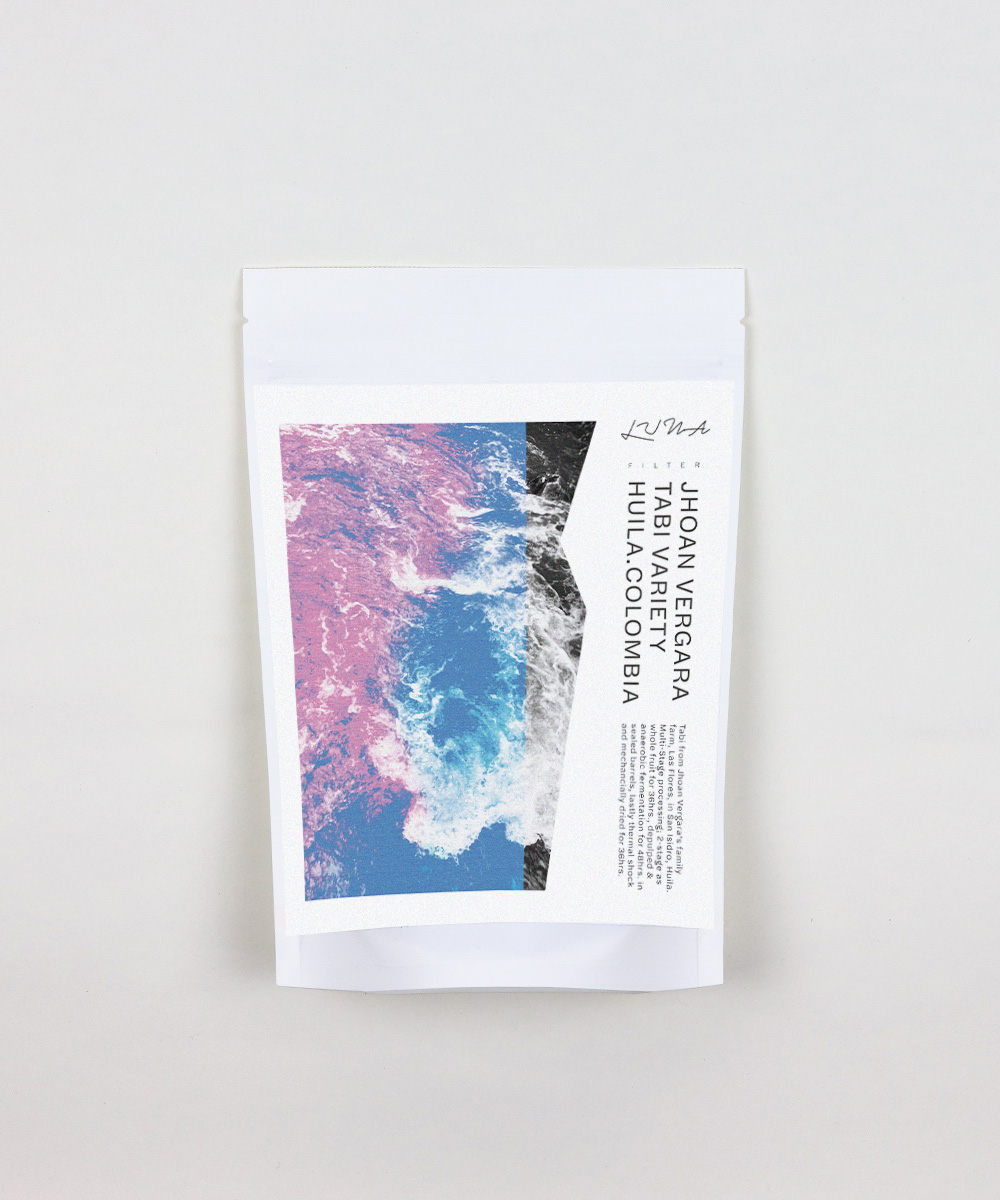Kiwi Cola | Hildaly Leiva ~ Parainema | Santa Bárbara, Honduras
US$0.00
Producer: Hildaly Leiva
Place: Santa Bárbara, Honduras
Variety: Parainema
Processing: Washed
Exporter: Beneficio San Vicente
Harvest: May 2024
Tasting notes: bright kiwi, sweet herbs, brio cola
Sourced from friends, this Parainema variety was picked by Hildaly Leiva at her farm in Las Flores, Santa Bárbara, Honduras. Processed at home, depulped & fermented in a concrete tank for 24 hours before being washed & dried on raised beds. Parainema is inherently complex, herbal, and sweet, the best ones tasting like a cool chinotto.
Producer
From Hildaly:
“My dad was a coffee producer, so I grew up watching how a farm was managed. I learned a lot about how to manage a farm and I assisted doing a lot of things, from picking cherries to planting nursery plants. 10 years ago, I had the opportunity to buy my own land to plant coffee (I did not know anything about special coffee at the time), a relative of mine gave me a Catuai seed and I made the nursery and I planted it, but this farm did not last me long since in 2011 a strong outbreak of a disease came across the country that we did not know, rust. Then a neighbor offered me seed of a new variety that was of good quality and had won cup of excellence in 2015 (Eulogio Martínez was the first in the area to have Parainema coffee); So I planted almost the entire farm with Parainema and 2 years later a friend helped me take a sample of my coffee to the laboratory of the Exportadora San Vicente and there they helped me offer it to buyers and since then I have a better market for coffee from my farm.”
On Parainema
It all started in 2010 when a research institution in Costa Rica gave a specific selection of a cross between Villa Sarchi x Timor Hybrid (then called T-5296) to the Honduras coffee institute. The intention with this hybrid was for its resistance to coffee leaf rust and certain nematode infestations (something of great relevance to farmers in Honduras, especially when intercropping with bananas – whose nematodes interfere with coffee plant roots).
Meanwhile, likely around the time that IHCAFE (The Honduran Coffee Institute) was releasing the seeds for farmers to plant, Hildaly’s neighbour Eulogio (known as Yoyo for short) got what he thought was Pacamara seeds from the Honduran Coffee Institute. Over the next few years, Yoyo shared these seeds with his neighbours and they also started to plant them.
In the subsequent years, various buyers would visit, and were perplexed at this ‘paca-weirdo’ (an affectionate colloquial term we all used at the time). It was harvested when the fruit was deep purple, and the fruit looked oblong and pacamara-like to be sure, but the end of each fruit would sort of stick out a bit and other inconsistencies just made us all wonder.
By the time 2015 rolled around, Yoyo would take 1st place with his “Pacamara”, but IHCAFE revealed that it must have been a miscommunication or a typo because this weird and wonderful variety was Parainema after all.
Processing
Parainema coffee fruit is best harvested beyond the normal red-ripe colour to where it has turned a deep purple colour instead. Much is the case with other similar hybrid varieties that include some Robusta-Arabica hybrid parentage, such as Castillo in Colombia. Once picked, the coffee fruit is depulped before being transferred to a fermentation tank for approximately 20-30 hours. Over that time the microbes and enzymes present in the tank break down the sticky mucilage left on the seed from the depulped fruit. After the fermentation the parchment is washed with water to remove and remaining mucilage. The washed parchment is then taken to be dried for 14 days.



